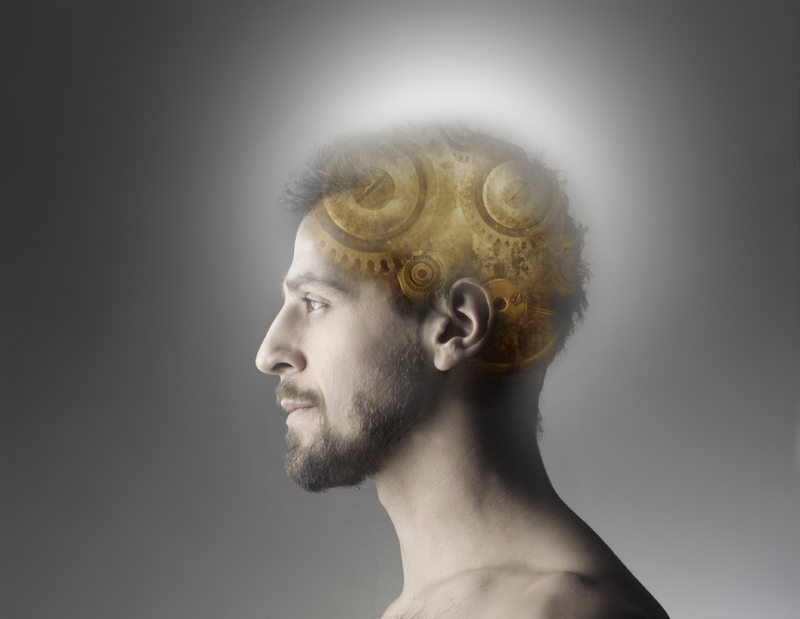Neurons Lost in Alzheimer's Created Anew from Stem Cells

Scientists have transformed a human embryonic stem cell into a type of neuron that is vital for retrieving memories, but dies during the early stages of Alzheimer's disease, according to a new study.
Now, researchers can grow and study these neurons in a lab dishes to find out why they die, said Christopher Bissonnette, who conducted the work at Northwestern University Feinberg School of Medicine in Chicago.
Researchers can also test drugs for their ability to block the death of these neurons, and thus could delay the onset of memory deficits seen in Alzheimer's disease, Bissonnette said.
"This would not be a cure for Alzheimer's," because it wouldn't stop the processes that killed the patient's initial population of these neurons, Bissonnette told MyHealthNewsDaily. "But it would hopefully reverse the memory deficits and symptoms" of the disease.
The study was published today (March 4) in the journal Stem Cells.
Hope for transplantation
In Alzheimer's disease, memory abilities fade not because the brain can no longer store memories, but because it has problems retrieving them. That's largely due to the loss of a small number of neurons, called basal forebrain cholinergic neurons, early in Alzheimer's, the study said.
Sign up for the Live Science daily newsletter now
Get the world’s most fascinating discoveries delivered straight to your inbox.
Once these neurons are gone, memory rapidly deteriorates, said study researcher Dr. John Kessler, professor of stem cell biology at Northwestern University.
Now that researchers can grow these neurons in the lab, they can begin to study why they die in patients with Alzheimer's disease, Kessler said.
Further, the researchers transplanted the neurons into the brains of mice. There, they produced connecting fibers, called axons, to the mice's brain cells and started producing the chemical acetylcholine, which is fundamental in the retrieval of memories, the study said.
The goal of the research, Kessler told MyHealthNewsDaily, is to transplant such neurons into human brains.
In other work, Kessler and Bissonnette created neurons using skin cells from people with Alzheimer's disease, people without the disease and people with a family history of the disease.
By studying the differences between the neurons made from the three groups, they could hunt for the mechanisms that cause the cells to die in Alzheimer's disease patients, Bissonnette said.
Down the road, the technique could be used to grow neurons from patients' skin cells in a lab and then transplant them to the brain. Because the cells would be genetically identical to the patient's own cells, transplantation would be a more realistic endeavor, he said.
"The cells would not be recognized as foreign cells by the patient's immune system, and thus would be less likely to be rejected," Bissonnette said.
Addressing the questions
Still, questions about these neurons remain, Kessler said.
"Safety is always the first issue when thinking about using cells in patients," he said. Researchers must find how long the cells live after they're transplanted, and how well they are able to restore memory function in the brain, Kessler said.
Researchers also need to understand whether the transplanted neurons would die, just like the original cells, once they are introduced into a patient's brain, or if the patient's course of disease has to change before the cells are beneficial, said William Thies, chief medical and scientific officer of the Alzheimer’s Association, who was not involved with the study.
"Knowing more about what causes and prevents brain cell death in Alzheimer's disease will undoubtedly be important for the development of future Alzheimer's treatments," Thies told MyHealthNewsDaily.
Pass it on: Scientists have turned embryonic stem cells into a type of neuron that is integral in the retrieval of memories but is lost during the early stages of Alzheimer's disease.
Follow MyHealthNewsDaily staff writer Amanda Chan on Twitter @AmandaLChan.
This story was provided by MyHealthNewsDaily, a sister site to LiveScience.










